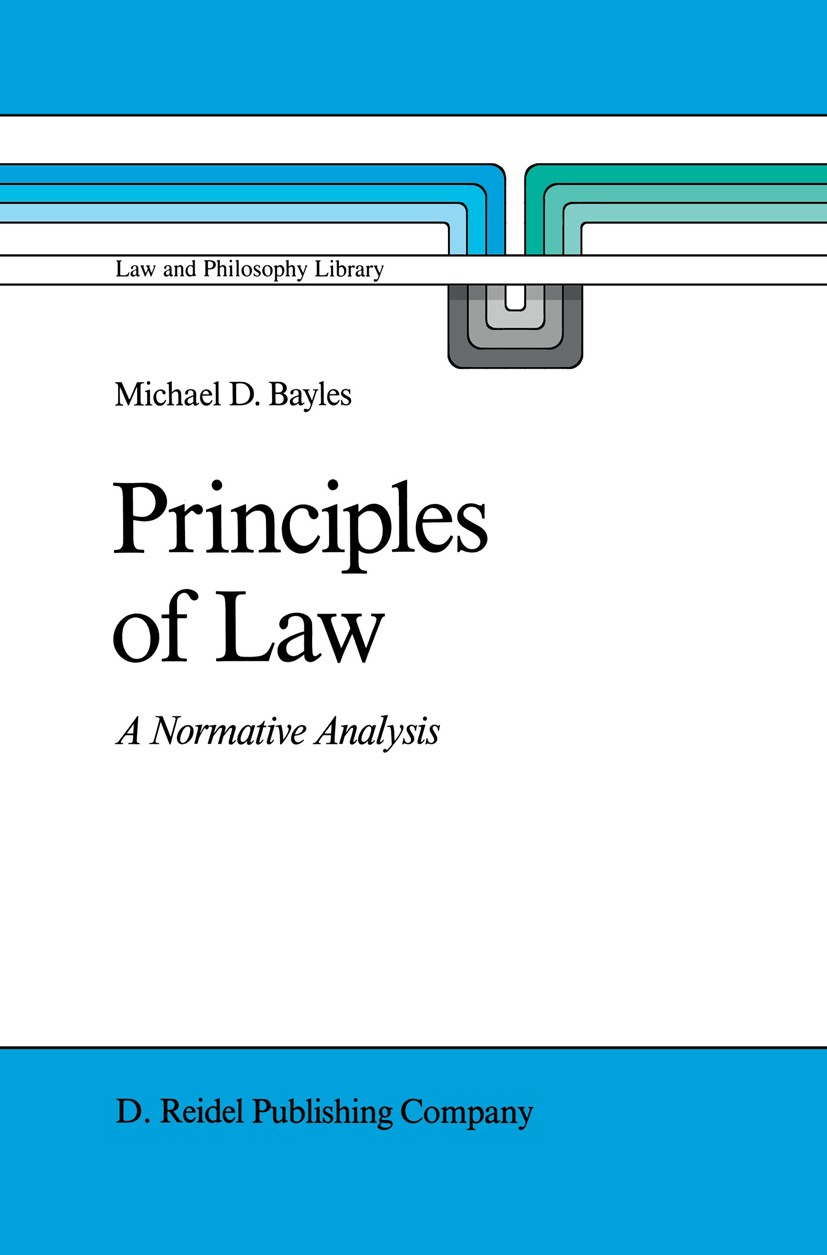Unveiling the Essence: Legal Principles
Legal principles form the cornerstone of any just and well-functioning legal system. These fundamental guidelines guide the creation, interpretation, and application of laws, ensuring fairness, equity, and the protection of individual rights.
Foundations of Legal Principles
Legal principles are rooted in foundational values that shape the structure of legal systems. Concepts such as justice, fairness, and equality are intrinsic to the development of laws and regulations. These principles serve as the moral compass that influences the creation and evolution of legal frameworks.
Equality and Fairness in Legal Systems
A central tenet of legal principles is the commitment to equality and fairness. Laws should be crafted and implemented without discrimination, ensuring that all individuals are treated justly, regardless of their background, status, or characteristics. This commitment promotes a society built on the principles of justice and equal opportunity.
Protecting Individual Rights
Legal principles play a vital role in safeguarding the rights and liberties of individuals. Whether in criminal or civil matters, these principles ensure that individuals have the right to a fair trial, freedom of expression, and protection against unlawful interference. The acknowledgment and protection of these rights are integral to the concept of a just legal system.
Adaptability and Evolution of Legal Principles
Legal principles are not static; they adapt to societal changes and evolving perspectives. As societies progress, legal frameworks must be flexible enough to incorporate new values and address emerging challenges. The adaptability of legal principles ensures that the law remains relevant and effective in different contexts.
Balancing Conflicting Principles
In the complex landscape of legal systems, principles may sometimes conflict. Balancing competing principles is a delicate task that requires careful consideration and often involves legal professionals, lawmakers, and judges. Striking the right balance is crucial to maintaining the integrity and effectiveness of the legal system.
The Intersection of Legal Principles and Ethics
Ethical considerations often intersect with legal principles, shaping the morality and integrity of the legal profession. Legal professionals are bound not only by the law but also by ethical guidelines that dictate their conduct. This intersection ensures that the pursuit of justice aligns with ethical standards.
Challenges to Upholding Legal Principles
While legal principles provide a strong foundation, challenges can arise in their application. Issues such as systemic biases, inadequate legal representation, and disparities in access to justice can pose obstacles to the effective implementation of these principles. Addressing these challenges is essential for maintaining the legitimacy of legal systems.
Global Perspectives on Legal Principles
Legal principles vary across jurisdictions, reflecting cultural, historical, and societal differences. Understanding these global perspectives offers insights into the diversity of legal systems and the shared values that underpin principles such as justice, fairness, and the protection of rights.
Empowering Through Legal Awareness
Exploring legal principles empowers individuals to navigate the complexities of the legal landscape. Websites like amellawyer.com serve as valuable resources, offering insights into legal principles, advice on legal matters, and information to help individuals understand their rights within the framework of the law.
In conclusion, legal principles form the bedrock of a just society, providing a framework that promotes equality, fairness, and the protection of individual rights. Understanding these principles is crucial for both legal professionals and the general public. Explore more about legal principles and empower yourself with knowledge at amellawyer.com.
